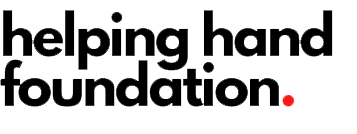Education
The importance of education in developing countries cannot be overstated. Education can be the catalyst needed to pull families and communities out of the cycle of poverty. Knowledge gives children the power to dream of a better future and the confidence needed to pursue a full education, which in turn will help generations to come. Education also makes a significant difference for adults, particularly when it applies to day-to-day life, including nutrition, healthcare and gender equity. When adults learn, they become role models to their children, who also wish to learn.
Education is a fundamental tool in the fight for gender equality
We still live in an unequal society. Progress has been made, but women continue to be a prime target for discrimination and violence. We believe that education plays a fundamental role in changing this state of affairs and is responsible for the development of both personality and the creation of ideas which dictate attitudes, actions and perspectives on the world, guiding us through life and shaping our career choices.
Essentially, power relations, discrimination and the guarantee of equality are defined through education. It can be used as a tool to form prejudices that lead to discrimination, or we can teach students to accept a multicultural and diverse society in which men and women are equal. School does not just serve to certify knowledge – it is also a fundamental institution for the promotion of equality.
Education should therefore develop scientific, cultural, social and personal skills that help increase young people’s self-confidence, enhance their capabilities and improve their social and political participation. Democratic education should combat stereotypes and discrimination, opposing all theories which perpetuate the incorrect ideologies and value systems that are subtly engrained into our minds from a young age.

